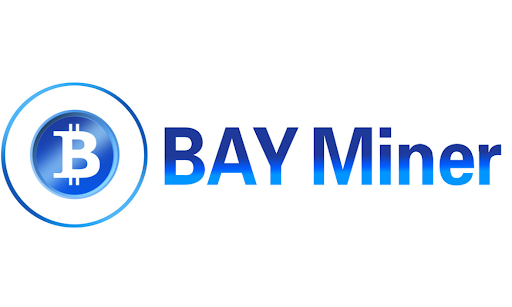Orca DAO Council Secures Approval for Treasury Asset Deployment

According to SolanaFloor, Orca DAO has received preliminary approval for a governance proposal that would authorize using 55,000 SOL and 400,000 USDC from its treasury. The proposal passed the required four Council votes during a live voting session that began August 6, 2025. The initiative includes two primary components: staking treasury SOL in the Orca validator and launching a 24-month ORCA token buyback program.
The governance process includes a two-day veto window where token holders can block the proposal if one million ORCA votes are cast against it. If the veto threshold remains unmet, the Council will proceed with implementation. Crypto.news reports that buybacks would be limited according to trading volume and suspended during high volatility periods exceeding 15% price swings within 24 hours.
Purchased ORCA tokens will be stored in a multi-signature wallet under DAO control. The tokens may be distributed as ecosystem grants, permanently burned to reduce circulation, or given to xORCA staking participants as additional rewards. The Council committed to publishing quarterly transparency reports detailing token purchases, average prices, and treasury balances.
Why This Treasury Strategy Matters
The Orca treasury deployment represents one of the largest single buyback authorizations in Solana DeFi history. With 55,000 SOL valued at approximately $8.8 million at current prices, the scale demonstrates serious commitment to token value enhancement. The 24-month timeframe provides sustained buying pressure that could reduce ORCA's circulating supply substantially.
Risk management protocols within the proposal protect against market manipulation concerns. Daily purchase limits tied to average trading volumes prevent excessive market impact. The volatility pause mechanism protects the treasury from deploying capital during unstable price conditions. These safeguards address common criticisms of token buyback programs in cryptocurrency markets.
The dual approach of staking and buybacks creates multiple value streams for ORCA holders. Staking generates ongoing SOL rewards while buybacks directly reduce token supply. This combination could amplify the deflationary effects compared to single-strategy approaches used by other protocols.
Broader Industry Implications for DAO Treasury Management
Orca's proposal reflects a growing trend among leading Solana protocols toward active treasury management strategies. CoinDesk reported that Jito DAO recently advanced JIP-24, which routes 100% of Block Engine and Block Assembly Marketplace fees directly to its DAO treasury. This shift gives Jito token holders full control over an estimated $15 million in annual protocol revenue.
The timing coincides with what BeInCrypto identifies as a broader crypto buyback wave in 2025. Data shows projects with token buyback programs outperformed those without by 46.67% in 2024. However, critics argue buybacks may create artificial demand rather than addressing fundamental value creation.
Traditional financial institutions are taking note of these DAO treasury innovations. The transparency requirements and multi-signature controls represent evolution beyond traditional corporate buyback programs. These decentralized approaches may influence how traditional companies manage shareholder value distribution in the future.
Some analysts question whether buybacks can sustainably support token prices during prolonged bear markets. The success of Orca's program will likely influence other Solana protocols considering similar treasury strategies. If executed successfully, the model could become standard practice across decentralized finance protocols.
Further Reading
For those interested in understanding the broader ecosystem of decentralized governance tools and treasury management platforms, our comprehensive DAO tooling guide provides detailed analysis of over 100 platforms used in decentralized governance operations.





